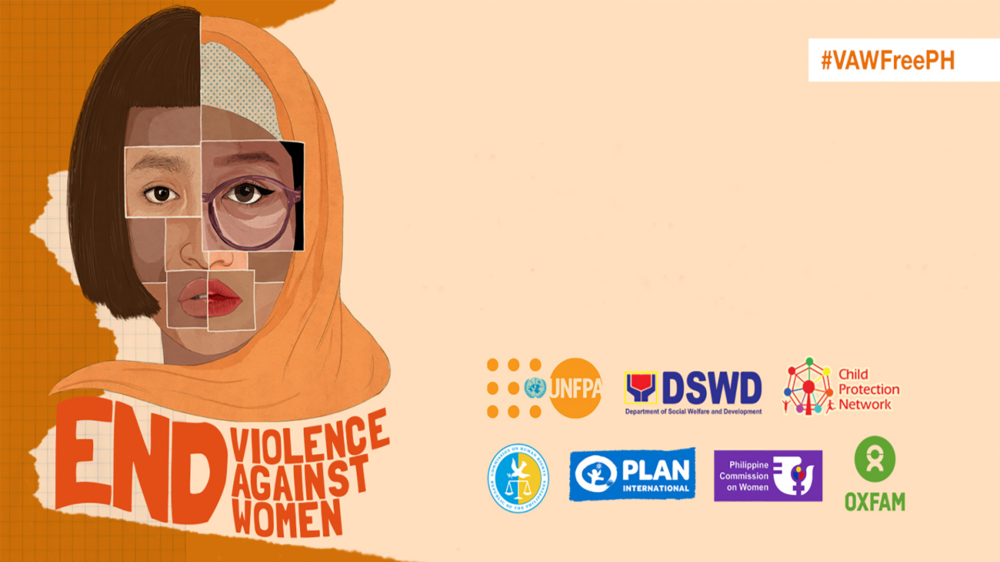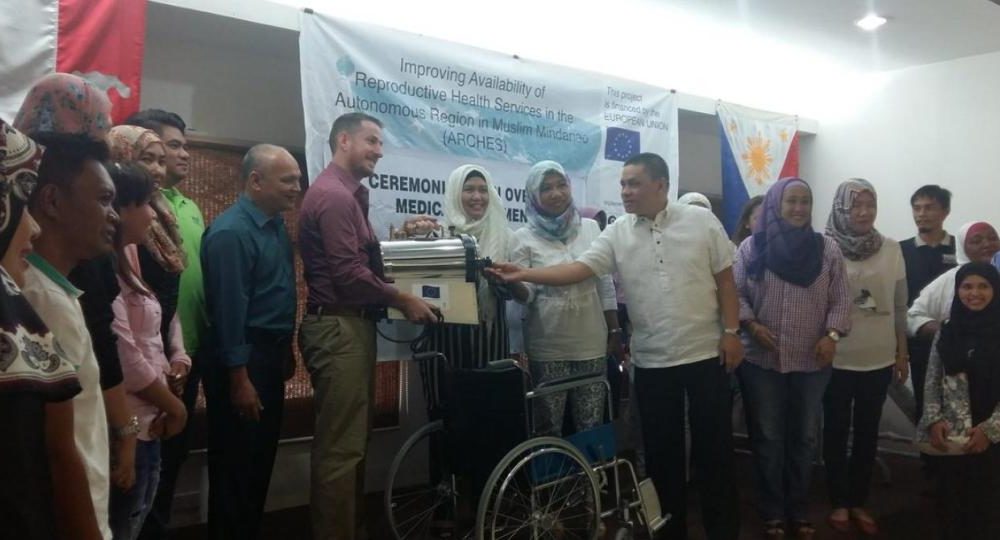At least 85,000 people across 13 provinces in the Philippines will soon have improved access to sexual and reproductive health and rights (SRHR) information and services.
International development agency Oxfam and the Embassy of Canada in the Philippines recently launched the Sexual Health and Empowerment (SHE) Project. This project seeks to empower women and girls to secure their SRHR in six disadvantaged and conflict-affected regions in the Philippines in the next five years.
Oxfam in the Philippines Country Director Maria Rosario Felizco said the SHE Project will address the barriers that prevent people, especially women and girls, from exercising their sexual and reproductive health and rights.
Felizco said these barriers include gender inequality, sex trafficking, low access to SRHR information and services, sexual and gender-based violence, and a range of discriminatory socio-cultural practices.
“Sexual health and reproductive rights remain among the most contentious global health issues. We have a role to play in that battle in the Philippines and around the world,” Felizco said during the launch.
Data from the 2017 National Demographic and Health Survey showed that 9.7 million girls aged 10 to 19 in the Philippines will most likely be mothers by age 19.
The same survey also showed that the teenage pregnancy rate in the country is considered the highest in Southeast Asia. This resulted to a higher mortality rate at 114 deaths per 100,000 live births.
Felizco said many of these deaths were due to complications from pregnancy and childbirth, which could be avoided.
“This also leaves them more vulnerable to falling into poverty and exclusion,” Felizco added.
Canada’s Ambassador to the Philippines John Holmes said ensuring sexual and reproductive health and realizing the rights of women and girls is critical in achieving equitable and sustainable development.
“The SHE project is one initiative that supports Canada’s commitment to empowering women and girls and reflects our government’s feminist international assistance policy. It is also well aligned with the priorities of the Philippine Government and will contribute to the full implementation of the Responsible Parenthood and Reproductive (RPRH) Law,” Ambassador Holmes said in his speech.
The five-year project will also strengthen health systems and community structures to improve delivery of quality and gender sensitive health services. It will also build the capacity of women’s organizations and networks to advocate for the rights of women at all levels and prevent gender-based violence.
The SHE project will indirectly benefit 270,000 people, including those from geographically isolated and disadvantaged areas in 13 provinces across six regions in the country.
These are the provinces of: Lanao del Sur, Maguindanao, Tawi-Tawi, Sorsogon, Masbate, Northern Samar, Samar, Zamboanga Sibugay, Zamboanga del Sur, Bukidnon, Misamis Occidental, Surigao del Sur, and Agusan del Norte.
The SHE project has a total budget of 18.2 million CAD (P747.5 million) with 17.5 million CAD from Global Affairs Canada and 730,000 CAD from Oxfam.
The project will be implemented in partnership with eight partners, namely: Al-Mujadillah Foundation, United Youth of the Philippines Women, Mayon Integrated Development Alternatives and Services, Family Planning Organization of the Philippines, Pambansang Koalisyon ng Kababaihan sa Kanayunan, Sibog Katawhan Alang sa Paglambo, and JHPIEGO.
The SHE Project will expand the existing partnership between Oxfam and Global Affairs Canada in addressing issues on violence against women and girls and its advocacy to end child, early and forced marriages.
Contact information:
April Bulanadi |Senior Officer for Media and Digital Influencing | Oxfam in the Philippines
Mobile: 09062822562 | Email: ABulanadi@oxfam.org.uk


